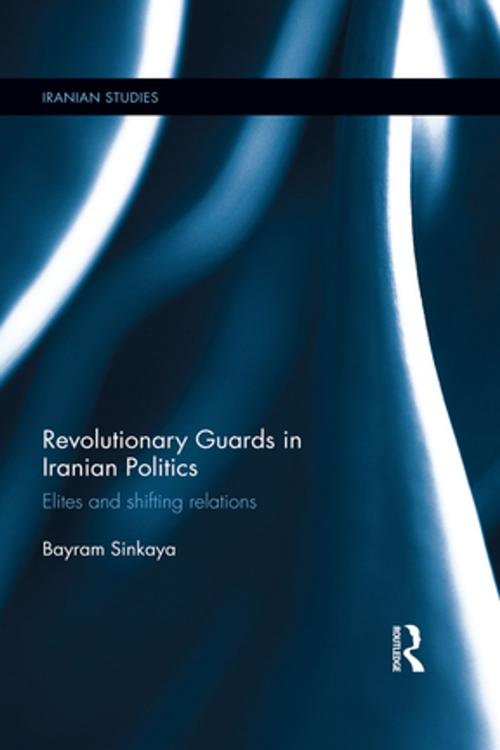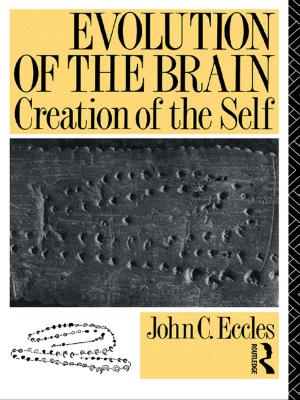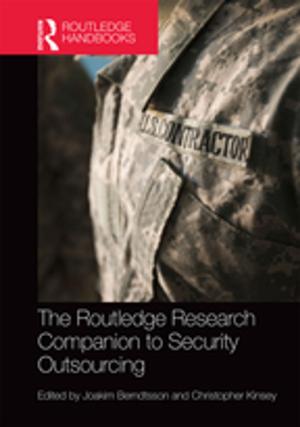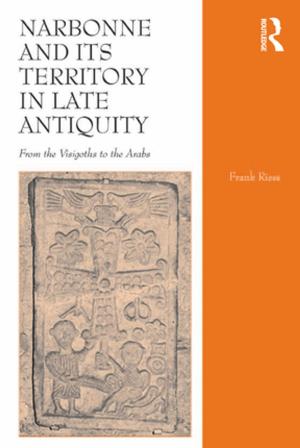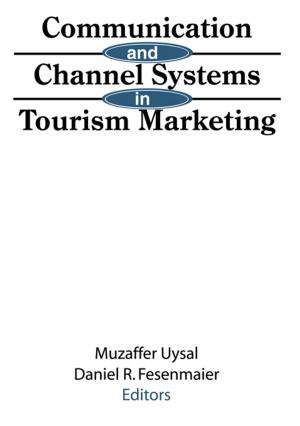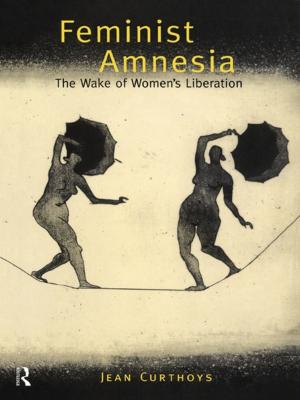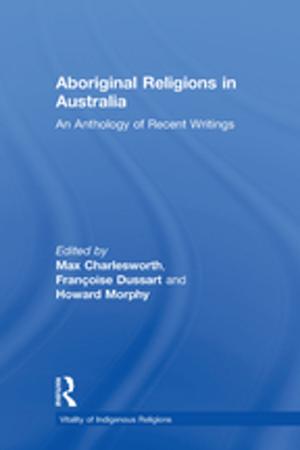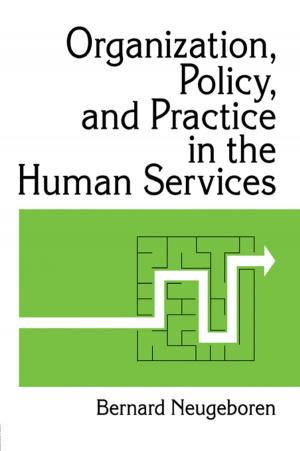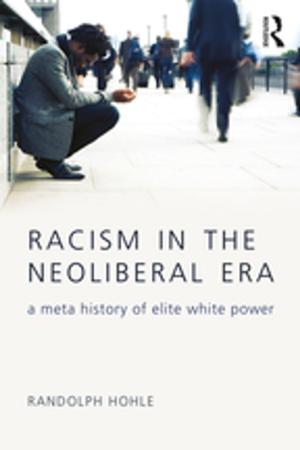The Revolutionary Guards in Iranian Politics
Elites and Shifting Relations
Nonfiction, Social & Cultural Studies, Political Science, Social Science| Author: | Bayram Sinkaya | ISBN: | 9781317525639 |
| Publisher: | Taylor and Francis | Publication: | June 19, 2015 |
| Imprint: | Routledge | Language: | English |
| Author: | Bayram Sinkaya |
| ISBN: | 9781317525639 |
| Publisher: | Taylor and Francis |
| Publication: | June 19, 2015 |
| Imprint: | Routledge |
| Language: | English |
The Islamic Revolutionary Guards Corps (IRGC) has been dubbed the ‘kingmaker’ in recent studies of Iranian politics, precipitating heated debates surrounding the potential militarization of the Iranian regime and giving rise to paradoxical understandings of the IRGC; whether as a military institution entering politics, or a political institution with a military history.
Revolutionary Guards in Iranian Politics offers a way out of this paradox by showing that the IRGC is not a recently politicized institution, but has instead been highly politicized since its inception. It identifies the ways in which the IRGC relates to national political dynamics, examines the factors contributing to this relationship, and its implications on Iranian politics from the revolution up to the present day. The book examines the three decades following the revolution, uncovering the reasons behind the rise of the Revolutionary Guards and tracking the organization’s evolving relationship with politics. Establishing a theoretical framework from revolution and civil-military relations theories, this book provides new perspectives on the relationship between the IRGC and Iranian politics.
This book would be of interest to students and scholars of Middle East Studies and Iranian Studies, in particular Iranian Politics.
The Islamic Revolutionary Guards Corps (IRGC) has been dubbed the ‘kingmaker’ in recent studies of Iranian politics, precipitating heated debates surrounding the potential militarization of the Iranian regime and giving rise to paradoxical understandings of the IRGC; whether as a military institution entering politics, or a political institution with a military history.
Revolutionary Guards in Iranian Politics offers a way out of this paradox by showing that the IRGC is not a recently politicized institution, but has instead been highly politicized since its inception. It identifies the ways in which the IRGC relates to national political dynamics, examines the factors contributing to this relationship, and its implications on Iranian politics from the revolution up to the present day. The book examines the three decades following the revolution, uncovering the reasons behind the rise of the Revolutionary Guards and tracking the organization’s evolving relationship with politics. Establishing a theoretical framework from revolution and civil-military relations theories, this book provides new perspectives on the relationship between the IRGC and Iranian politics.
This book would be of interest to students and scholars of Middle East Studies and Iranian Studies, in particular Iranian Politics.
